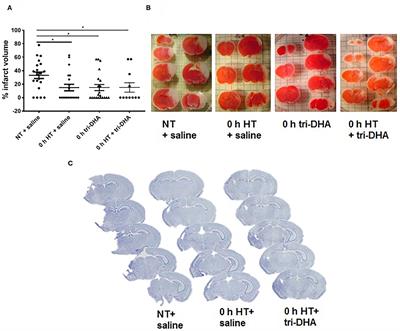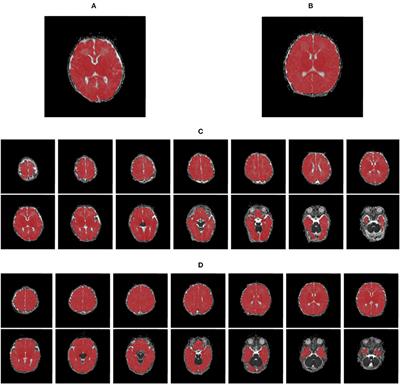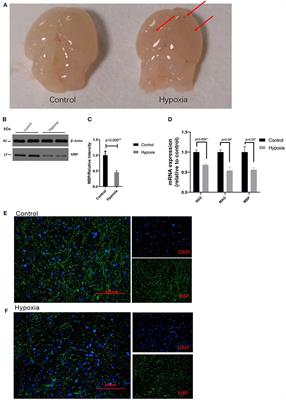EDITORIAL
Published on 09 Jun 2022
Editorial: Neonatal Brain Injury and the Search for New Therapies
doi 10.3389/fped.2022.933917
- 1,166 views
19k
Total downloads
100k
Total views and downloads
Select the journal/section where you want your idea to be submitted:
EDITORIAL
Published on 09 Jun 2022
ORIGINAL RESEARCH
Published on 28 Apr 2022

ORIGINAL RESEARCH
Published on 09 Apr 2021

ORIGINAL RESEARCH
Published on 08 Feb 2021

REVIEW
Published on 04 Feb 2021

SYSTEMATIC REVIEW
Published on 02 Feb 2021

BRIEF RESEARCH REPORT
Published on 15 Jan 2021

REVIEW
Published on 12 Jan 2021

ORIGINAL RESEARCH
Published on 11 Dec 2020

ORIGINAL RESEARCH
Published on 25 Sep 2020

ORIGINAL RESEARCH
Published on 18 Sep 2020

ORIGINAL RESEARCH
Published on 02 Sep 2020


Frontiers in Cellular Neuroscience
Frontiers in Neurology